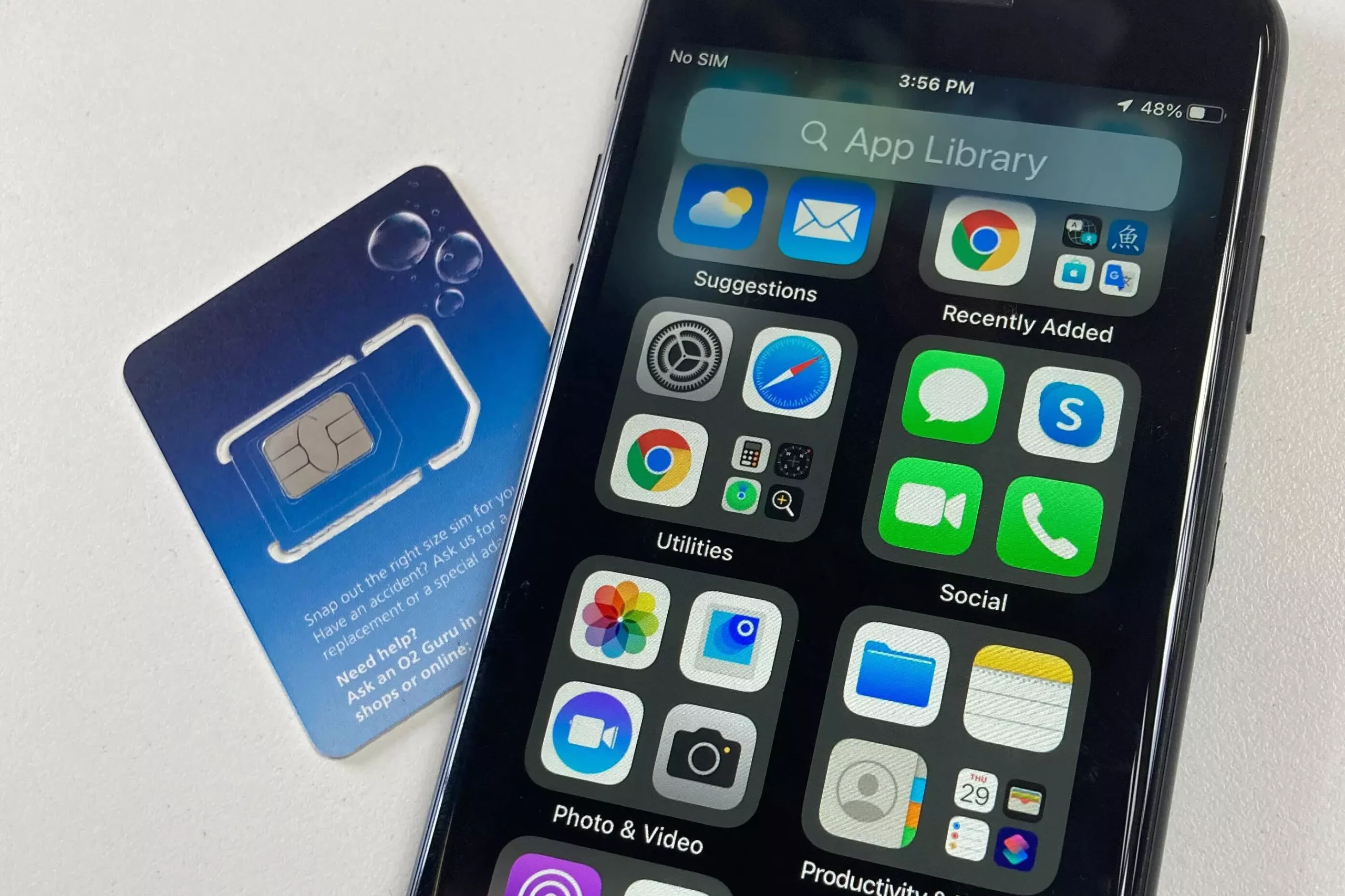SIM-swapping is a dangerous form of identity theft that involves criminals taking control of your phone number. This goes beyond simply hacking into an email or social media account, as the thieves intercept any calls or texts meant for you, potentially gaining access to sensitive personal and financial information. With the increasing sophistication of these scams, cybersecurity experts warn that the number of incidents is on the rise.
According to the FBI Internet Crime Complaint Center, SIM-swapping complaints have surged by over 400% from 2018 to 2021, resulting in estimated personal losses exceeding $68 million. However, these figures may be significantly underreported, as many victims of identity theft fail to report the crime. Criminals gather personal information about their targets from various sources, including data breaches, leaks, dark web purchases, or phishing scams, to carry out these attacks.
Prevention is key when it comes to safeguarding against SIM-swapping attacks. By following the advice of cybersecurity experts, you can significantly reduce the risk of falling victim to this form of identity theft. Here are some essential security measures to consider:
– **Secure Your Passwords:** It’s crucial to use unique, strong passwords for each online account to prevent hackers from gaining unauthorized access. Consider using a password manager to help you generate and store complex passwords securely.
– **Implement Biometrics and Multifactor Authentication:** Utilizing biometric authentication methods or multifactor authentication apps adds an extra layer of security to your accounts. These methods are not reliant on text messages, making them less vulnerable to SIM-swapping attacks.
– **Set Up Unique Passcodes with Your Carrier:** Contact your mobile carrier to establish a unique passcode that prevents unauthorized changes to your account, such as porting your phone number to another carrier. Many carriers offer additional protections against SIM swapping, so it’s worth inquiring about available security measures.
– **Beware of Phishing Attempts:** Criminals often use email or text messages to deceive individuals into divulging personal or financial information. Stay vigilant against phishing scams and report any suspicious messages promptly. Most email platforms have dedicated functions for reporting phishing attempts.
In the unfortunate event that you become a victim of SIM-swapping, it’s essential to take immediate action to mitigate the damage. Here are steps you can take to address a SIM-swapping incident effectively:
– **Contact Your Mobile Carrier:** Notify your carrier about the unauthorized SIM swap and work closely with them to resolve the issue. They may have protocols in place to assist victims of fraud and prevent further unauthorized access.
– **File Complaints with Authorities:** Report the incident to relevant authorities, such as the Federal Trade Commission, the Internet Crime Complaint Center, or your state attorney general. These agencies can help expedite recovery efforts and investigate the crime.
– **Inform Financial Institutions:** If your payment card information was compromised, alert your bank or credit card company immediately. Request that they monitor your account for suspicious activity and take necessary precautions to prevent fraud.
– **Notify Credit Agencies:** Inform credit bureaus, such as Equifax, Experian, and TransUnion, about the incident to safeguard your credit profile from potential fraudulent activities.
By staying informed about the risks of SIM-swapping and implementing robust security measures, you can better protect yourself from falling victim to this prevalent form of identity theft. Remain vigilant, stay proactive in safeguarding your personal information, and take swift action in response to any suspicious activity to defend against SIM-swapping attacks.


Leave a Reply